On Alters, Scapegoats and Resurrection
—
The Bible contains some uncomfortable material. Our lectionary passage from this past Sunday, for example, begins with the clear expectation of human sacrifice. Isaac, Abraham’s only son by his wife, Sarah, carries on his back the very means of his execution. His father seems to have the clear instructions to kill him with a knife and to burn his body on an altar.
For many, a quick reminder of the historical setting and the surrounding culture brings little solace to the troubling demand in the text. It is a test, we are told. Yet this is still little consolation. That Abraham would even consider such a horrible act does not seem like a badge of honor. Nor does it seem to help that the God who invokes this test relents in the end. “God will provide” still comes on the heels of “ … God tested Abraham” with the demand he offer his child as a “burnt offering.” My goodness.
Casting Blame: And yet, from this text we glean elements of foreshadowing. Perhaps this is less about God and gruesome sacrificial expectations, and it is more about our human capacity for casting blame. This appears to be endemic to our species. What almost happens to Isaac foreshadows Jesus’ journey to the cross. Just as Isaac carries wood up a hill for the fire that would burn him, Jesus carries the wood, or the cross, up a similar hill that does serve as his means of execution.
Scapegoating: While an interesting literary tool for some, in reality, these images carry much insight. Crowd psychology, something in the human psyche, seems to crave scapegoating. Leviticus 16 provides some insight here. The Day of Atonement (Yom Kippur) called for two goats to symbolically represent the sins of the people. One goat was to be placed upon the alter and offered as a blood sacrifice for atonement. The other goat had a chord of red wool tied around it’s horns. Aaron, the Chief Priest, placed both hands upon the head of the goat “confessing all the iniquities of the people of Israel, and all their transgressions and all their sins” (Lev. 16:21). This goat was then chased into the wilderness so the sins of the people are vicariously carried away. This ancient tradition, of course, is where our term “scapegoat” originates.
While this ritual ripples with oddity, it carries a sad, deep understanding of how we generally operate. Without careful wisdom and periodic reminders of better practices, we easily stumble into the unhealthy tendencies of our ancestors. Blaming another is far easier than personal responsibility, the admission of failure, or the acknowledgement of weakness.
Examples abound in our individual lives. I can think of numerous personal experiences where I either didn’t, or didn’t want to take responsibility for my own messes or personal insufficiency. I’m sure you are the same.
Nor do we need to look far to find societal examples of casting blame. Whether immigrants, people of color, the LGBTQ+ community, left-wingers, right-wingers, Progressives, Traditionalists, Russia, China … the list continually changes, grows and shifts with the tides of the latest prejudice. Sadly, scapegoating is alive and well.
The New Testament Lens: Something similar seems to be at work, both in the potential binding and killing of Isaac, as well as the crucifixion of Jesus. Our sins, in fact, the sins of the world, are added to the weight of grief and suffering. Jesus becomes the redemptive scapegoat. His suffering, this torturous death by Roman state sponsored terror, echoes those earlier passages in Genesis. Walter Brueggemann views this Genesis 22 passage not only from the New Testament perspective of crucifixion, but through the even more refined lens of resurrection.
The binding of Isaac, from Genesis 22, becomes the un-binding, ultimately of you and me. For this, a foretaste of the more dramatic Jesus story of crucifixion and resurrection, reverberates still.
Therefore, may you live with the pleasant, life-giving reminders of your own unbinding. God’s work in you is just beginning. This is a spacious, spiritual freedom granted, not by alters or goats or crosses, but now through the indescribable grace of God. Go, thrive, enjoy, and live!
David Jordan
Senior Pastor

